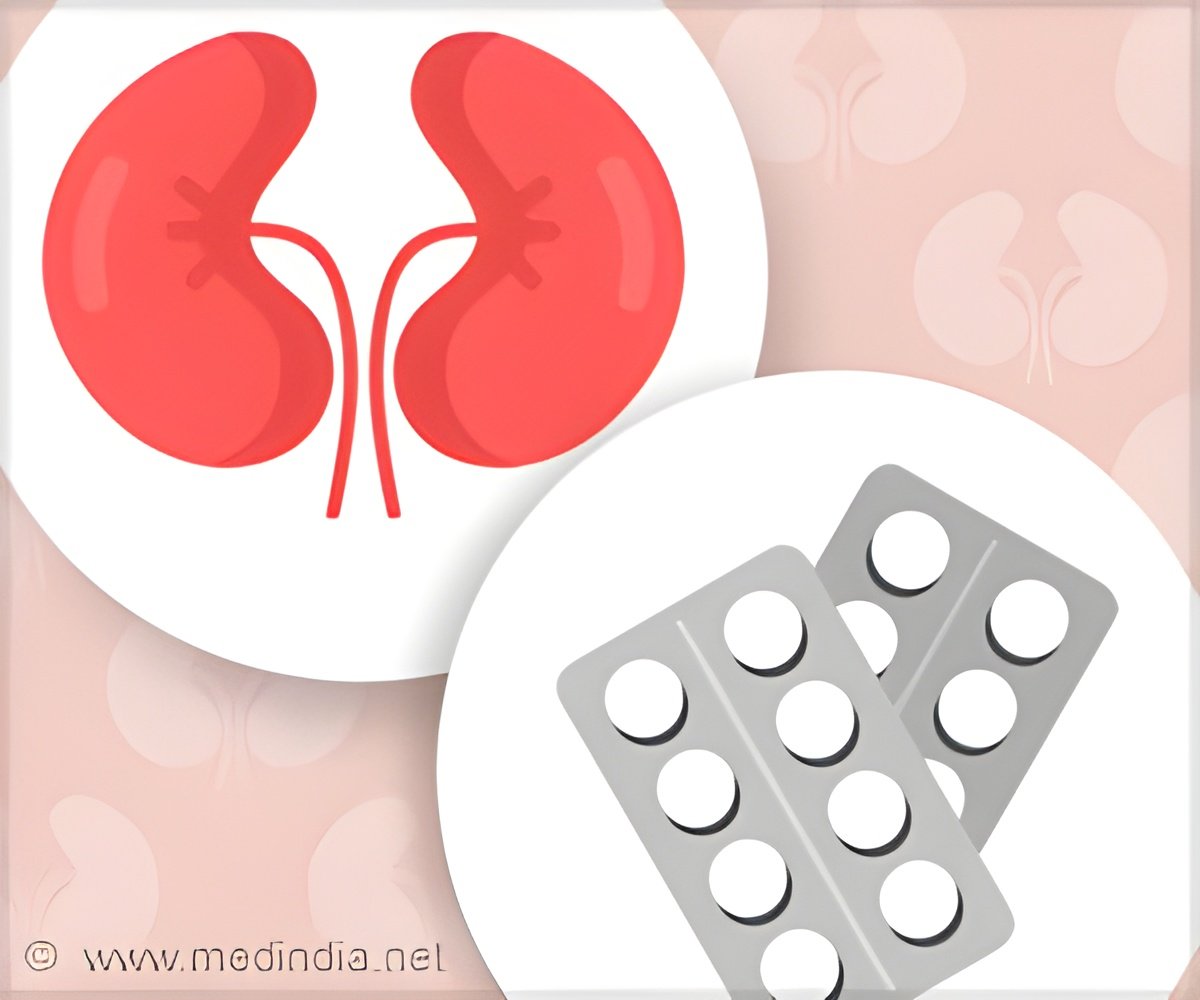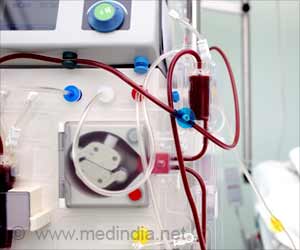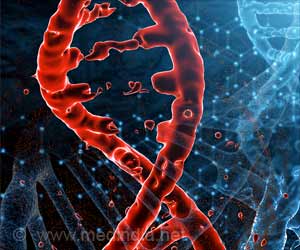A new compound developed based on the Nobel-Prize-winning discovery raised hemoglobin levels in patients with kidney disease who were undergoing dialysis and those not on dialysis.

‘Oral delivery of daprodustat worked just like conventional therapy and was safe to use among chronic kidney disease patients.’





Currently, patients with CKD and anemia are treated with erythropoiesis-stimulating agents (ESAs), which must be given via subcutaneous injection or as part of dialysis.“Anemia is a problem for so many patients with CKD, and having to come to the hospital or give oneself a subcutaneous injection can become a bottleneck for treatment,” said Ajay Singh, MBBS, of the Brigham’s Division of Renal Medicine and lead investigator of the trials.
Many safety concerns about ESAs have arisen over the years, including possible increased risk of stroke, myocardial infarction, vascular access thrombosis, tumor progression, and death.
A new clinical trial tested the compound, daprodustat in patients with CKD on dialysis and in patients with CKD not on dialysis, and compared the oral medication’s safety and efficacy to conventional treatment.
Among 2,964 patients on dialysis who were randomly assigned to receive daprodustat or an ESA, hemoglobin levels rose 0.28±0.02 g per deciliter with daprodustat and 0.10±0.02 g per deciliter with ESA.
Advertisement
The results published in The New England Journal of Medicine and a simultaneous presentation at the American Society for Nephrology Kidney Week offered data indicating that daprodustat was as safe and efficacious as ESAs.
Advertisement
Therefore, this new drug could be a new way of treating people with kidney disease, avoiding injections while stimulating the body to produce red blood cells.
Source-Medindia















